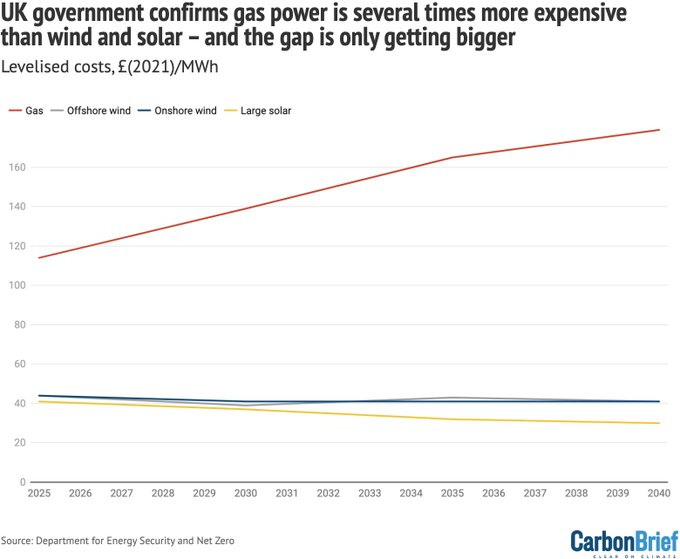UK Energy
198 readers
2 users here now
A place to post links and discussions around the UK's energy production, National Grid, energy consumption, and green energy news.
See https://grid.iamkate.com/ for the UK's current energy production and sources.
Created 23/07/23
founded 1 year ago
MODERATORS
101
17
UK solar could be ‘dumping ground’ for products of Chinese forced labour, ministers warned
(www.theguardian.com)
102
103
104
105
106
7
Fusion farewell: JET's final tritium experiments mark end of an era - Energy Live News
(www.energylivenews.com)
107
108
109
110
111
112
113
7
Government predicts gas power will be three times more expensive than renewables by 2025
(www.businessgreen.com)
114
115
7
Developer challenges decision to reject plans for 75MW solar park in Wales
(www.walesonline.co.uk)
116
117
118
119
120
121
122
123
9
"We won’t invest in green energy unless they are profitable enough", says BP boss
(www.telegraph.co.uk)
124
125


